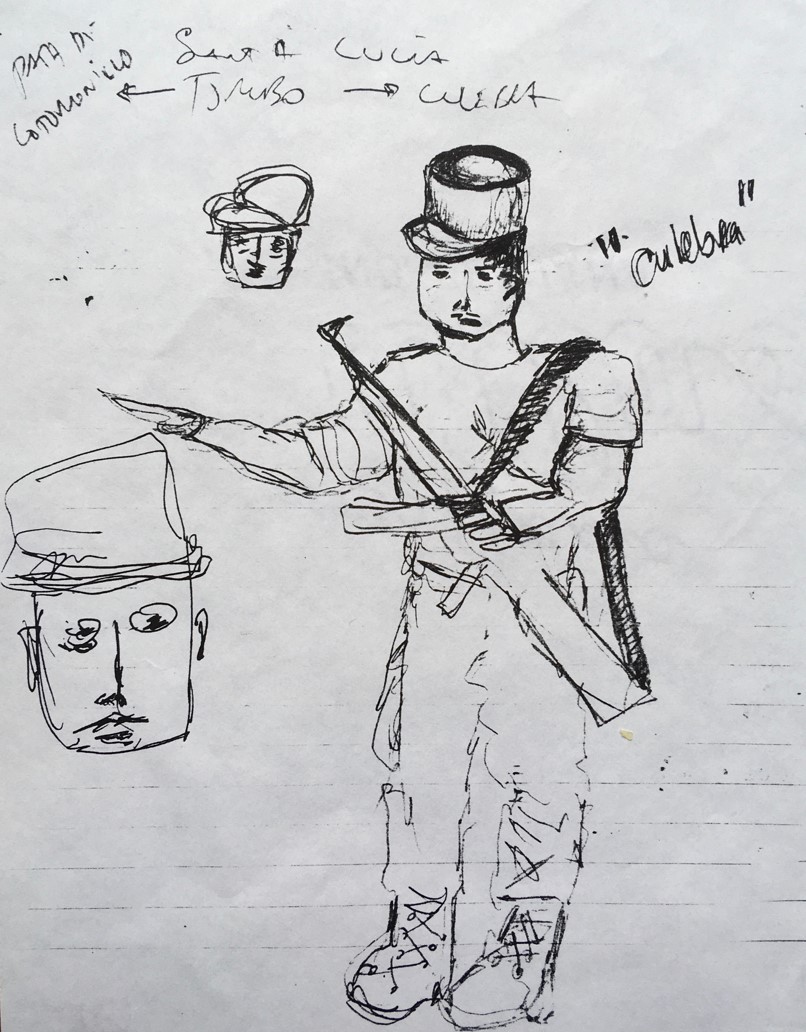How do taboos and norms infuse ordinary life and how do people make sense of their transgression? What binds rules to coercion and under what circumstances may lethal force be deemed legitimate?
In this introduction to legal anthropology we frame law as an eminently plural phenomena that operates unevenly across multiple social domains (both within and beyond the reaches of formal juridical institutions). In dialogue with classic anthropological perspectives on jurisprudence, the class will weigh the contributions of recent ethnographic approaches to the cross-cultural study of law, as well as critical themes fundamental to it, such as sovereignty, violence and democracy, but also myth, imagination, legal aesthetics and forensic evidence. To assist us in our exploration, we will draw on a select group of texts from anthropology, political and legal philosophy, documentary film and literary fiction. Whether engaging Enlightenment notions of social contract, indigenous rights, courtroom illustration, or the commingling of war and jurisprudence, we will consider the protective, potentially empowering, but also predatory dimensions of legal phenomena, no less than their empirical, reality-creating effects.
